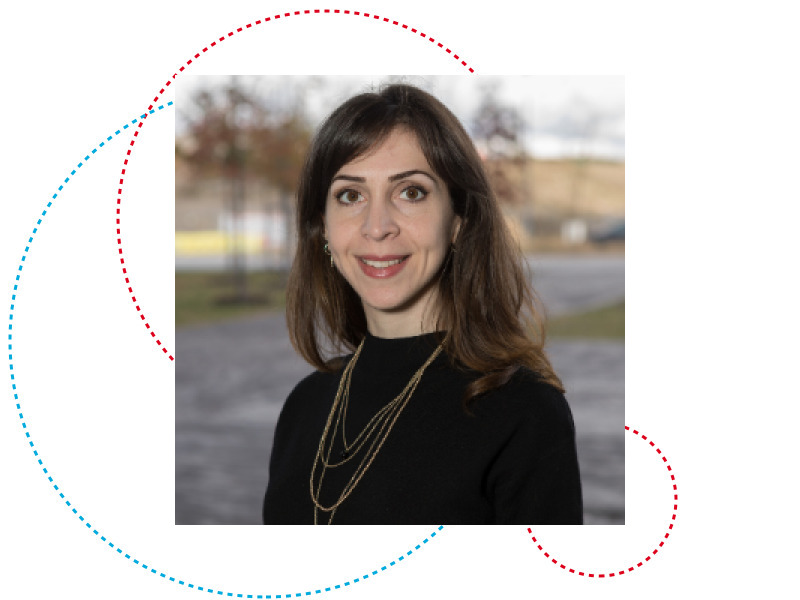Please click on the link to register and connect you to the online PhD defense.
Please note that the public part of the defense starts at 10.00, please use the above-mentioned link to join the event.
You may need to wait some moments until the conference e-room opens to the public.
Members of the defense committee:
- A-Prof. Dr Radu STATE, Chairman
- Prof. Dr Matthieu GEIST, Vice-Chairman
- Prof. Dr-Ing Holger VOOS, Supervisor
- Prof. Dr Nico HOCHGESCHWENDER, Member
- A-Prof. Dr Miguel OLIVARES MENDEZ, Member
Abstract:
Machine learning is an ever-expanding field of research with a wide range of potential applications. It has been increasingly used in different robotics tasks enhancing their autonomy and intelligent behaviour. This thesis presents how machine learning techniques can enhance the decision-making ability for control tasks in aerial robots as well as amplify the safety, thus broadly improving their autonomy levels.
The work starts with the development of a lightweight approach for identifying degradations of UAV hardware-related components, using traditional machine learning methods. By analysing the flight data stream from a UAV following a pre-defined mission, it predicts the level of degradation of components at early stages. In that context, real-world experiments have been conducted, showing that such approach can be used as a safety system during different experiments, where the flight path of the vehicle is defined a priori. The next objective of this thesis is to design intelligent control policies for flying robots with highly nonlinear dynamics, operating in continuous state-action setting, using model-free reinforcement learning methods. To achieve this objective, first, the nuances and potentials of reinforcement learning have been investigated. As a result, numerous insights and strategies have been pointed out for crafting efficient reward functions that lead to successful learning performance. Finally, a learning-based controller is provided for controlling a hexacopter UAV with 6-DoF, to perform stable navigation and hovering actions by directly mapping observations to low-level motor commands. To increase the complexity of the given objective, the degrees of freedom of the robotic platform is upgraded to 7-DoF, using a flying manipulation as a learning agent. In this case, the agent learns to perform a mission composed of take-off, navigation, hovering and end-effector positioning tasks. Later, to demonstrate the effectiveness of the proposed controller and its ability to handle a higher number of degrees of freedom, the flying manipulation has been extended to a robotic platform with 8-DoF. To overcome several challenges of reinforcement learning, the RotorS Gym experimental framework has been developed, providing a safe and close to real simulated environment for training multirotor systems. To handle the increasingly growing complexity of learning tasks, the Cyber Gym Robotics platform has been designed, which extends the RotorS Gym framework by several core functionalities. For instance, it offers an additional mission controller that allows decomposing complex missions into several subtasks, thus accelerating and facilitating the learning process. Yet another advantage of the Cyber Gym Robotics platform is its modularity which allows to seamlessly switch both, learning algorithms as well as agents. To validate these claims, real-world experiments have been conducted, demonstrating that the model trained in the simulation can be transferred onto a real physical robot with only minor adaptations.
